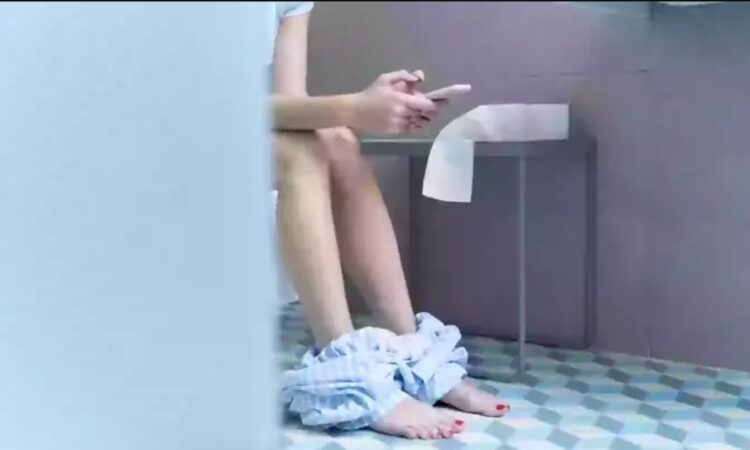Scientists explain why you should follow the 21-second rule when weeing and what could happen if you don’t

Most people don’t really think about how long they spend peeing or sitting on the toilet. It’s just something we do and move on. But scientists are now saying it might be a good idea to pay more attention to how long it takes to finish a wee. They’ve come up with something called the “21-second rule” that could help us take better care of our bladder health.
This idea came from a group of scientists at the Georgia Institute of Technology. They studied videos of different animals going to the toilet—yes, really—and found something surprising. Almost all mammals, no matter how big or small, take about 21 seconds to empty their bladder. That means everything from a cat to an elephant usually pees for around the same amount of time. The scientists say this is mostly because of gravity. Larger animals have longer urethras (the tube the pee comes out of), and the pull of gravity helps their urine flow faster. So even though they have bigger bladders, the pee comes out quickly, which helps them finish in the same amount of time as smaller animals.
Now, for humans, this 21-second rule isn’t a strict law. Not every bathroom trip will last exactly 21 seconds. Sometimes you might pee for 10 seconds, sometimes a little longer. But if you find that you’re always taking much longer than 21 seconds to finish, it might be a sign that something isn’t quite right with your bladder.
One problem is that regularly peeing for too long could mean your bladder is overstretched. If this keeps happening, your bladder could slowly lose its natural ability to stretch and shrink properly. Over time, that can make it harder to completely empty your bladder when you go to the toilet.
Another issue is holding in your pee for too long. We all do it sometimes—maybe we’re busy, stuck in traffic, or just don’t feel like getting up. But doing this too often isn’t good. When you hold it in, your bladder has to stretch to hold all the urine. Eventually, even after you finally pee, some urine might be left behind. That leftover urine can become a perfect place for bacteria to grow, which increases your chances of getting a urinary tract infection, or UTI. UTIs can be painful, cause burning when you pee, and even make you feel sick if the infection spreads.
In rare cases, if someone holds in their urine way too long and there’s another problem like a blockage, the bladder could actually burst. That sounds extreme, and it is rare, but it’s very serious and can be life-threatening. Doctors say it’s not likely to happen to most people, but it shows how important it is not to ignore the signals your body is giving you.
So, while it might feel a bit silly to think about counting to 21 while you pee, it can actually help you pay more attention to your body. If you notice big changes in how long you’re on the toilet, or if something just feels off, it might be worth speaking to a doctor. Going to the bathroom is something we all do, but paying closer attention to it could help prevent health problems in the future.




